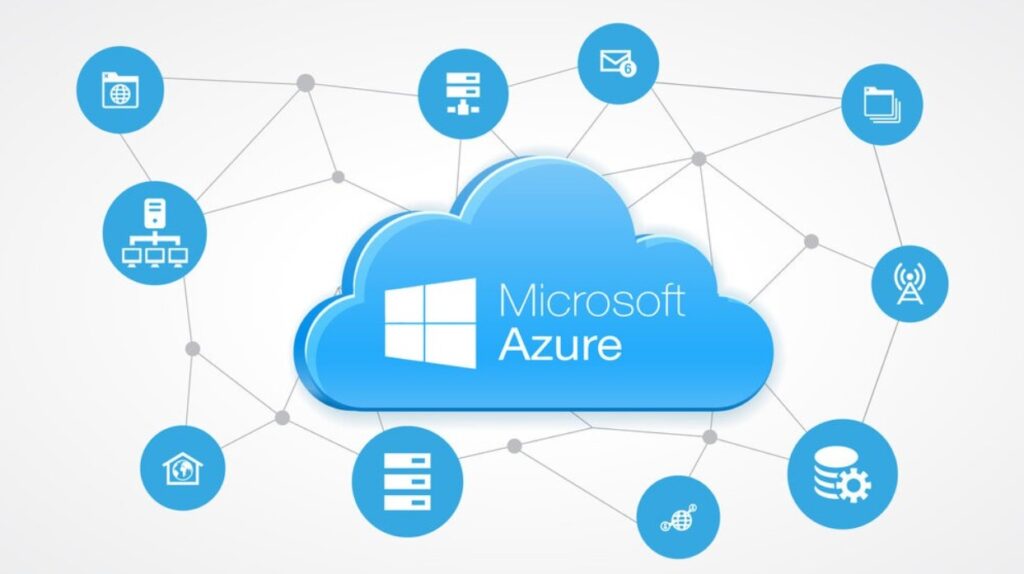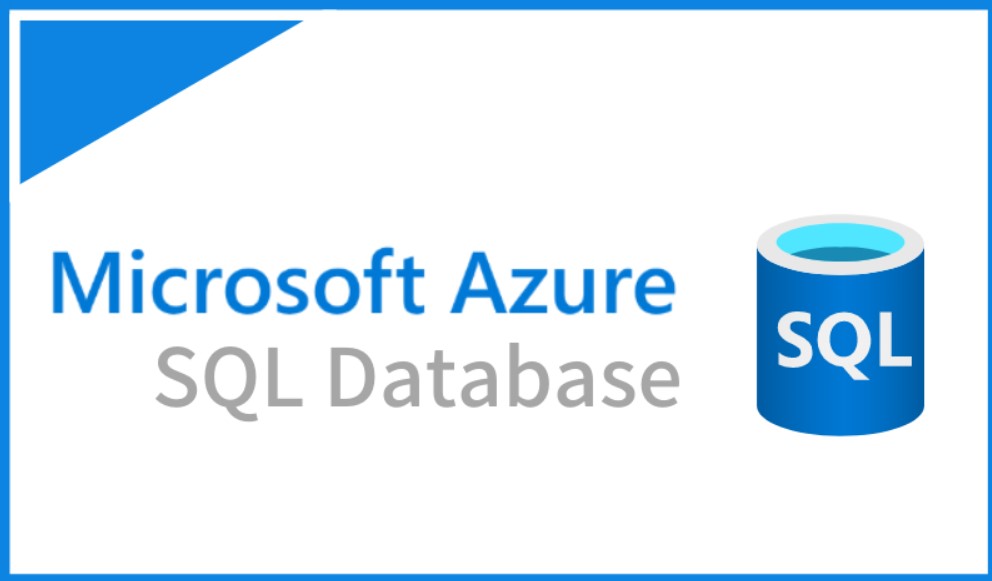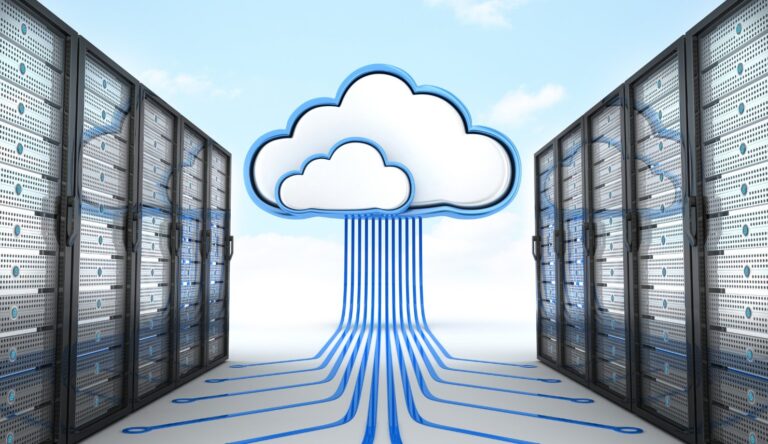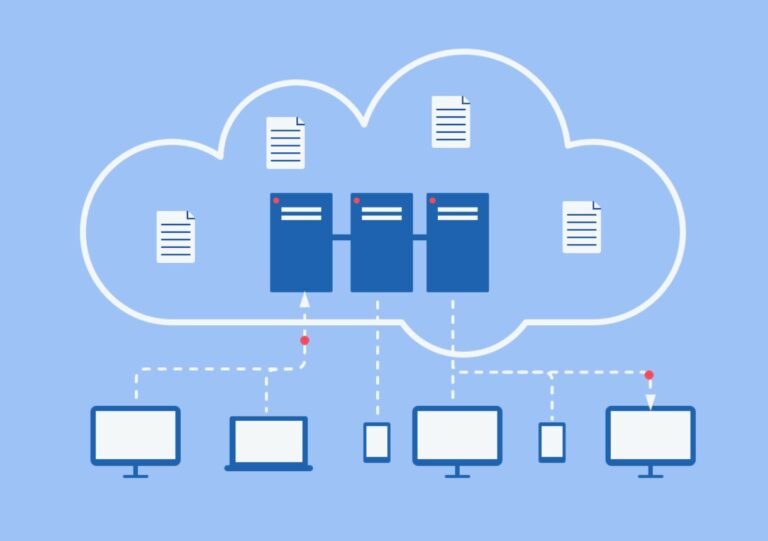Azure Cloud Server: Benefits, Comparisons, and Purchase Guide
In today’s digital age, selecting the most suitable cloud server is of paramount importance for the success of your business. Azure Cloud Server emerges as a resilient and adaptable solution that offers a wide range of benefits.
This comprehensive article will delve deeply into the advantages of Azure Cloud Server, furnish detailed comparisons of the top Azure Cloud Server products, and present a thorough buying guide aimed at empowering you to make well-informed decisions for your business.
What is Azure Cloud Server? 🌐
Microsoft Azure Cloud Server is a comprehensive cloud computing platform that delivers a wide array of services to businesses.
These services encompass virtual servers, data storage, database management, networking capabilities, software development tools, and advanced analytics.
Microsoft Azure is meticulously crafted to empower businesses to unlock the full potential of cloud computing and drive innovation within their organizations.
Benefits of Using Azure Cloud Server 🚀
- Scalability: Easily scale your services up or down according to your business needs.
- Cost-Effective: Pay only for what you use, with flexible pricing models.
- Security: Robust security features with compliance certifications.
- Global Reach: Data centers in multiple regions across the globe.
- Integration: Seamless integration with Microsoft tools and third-party services.
See also: Cloud Based Server: Benefits, Top Products, and Buying Guide
Top Azure Cloud Server Products 🌟

Let’s explore the top Azure Cloud Server products that are ideal for various use cases:
1. Azure Virtual Machines
Azure Virtual Machines (VMs) offer flexible, scalable computing capacity for various workloads.
- Website: Azure Virtual Machines
- Use Cases: Hosting applications, running development and test environments, and data analysis.
- Pros: High flexibility, customizable configurations, pay-as-you-go pricing.
- Cons: Can be complex to manage without expertise.
- Price: Starts at $0.004/hour.
- Features: Linux/Windows OS, SSD storage, networking options, auto-scaling.
2. Azure App Service
Azure App Service provides a fully managed platform for building, deploying, and scaling web apps and APIs.
- Website: Azure App Service
- Use Cases: Web app hosting, API management, mobile backend services.
- Pros: Easy to use, high availability, built-in security.
- Cons: Limited control over the server environment.
- Price: Starts at $0.013/hour.
- Features: Continuous deployment, built-in load balancing, auto-scaling, SSL certificates.
3. Azure Kubernetes Service (AKS)
Azure Kubernetes Service simplifies the deployment, management, and operations of Kubernetes.
- Website: Azure Kubernetes Service
- Use Cases: Container orchestration, microservices architecture, DevOps implementation.
- Pros: Managed Kubernetes, integrated CI/CD, cost-effective.
- Cons: Learning curve for Kubernetes.
- Price: Free for the control plane, node pricing varies.
- Features: Automatic updates, monitoring, scaling, and security integration.
4. Azure Functions
Azure Functions is a serverless computing service that allows you to run code without provisioning servers.
- Website: Azure Functions
- Use Cases: Event-driven tasks, microservices, backend automation.
- Pros: No server management, automatic scaling, cost-effective.
- Cons: Cold start latency for some applications.
- Price: The consumption plan starts at $0.000016/GB-s.
- Features: Triggers and bindings, continuous deployment, monitoring, and debugging.
5. Azure SQL Database

Azure SQL Database is a fully managed relational database with built-in intelligence.
- Website: Azure SQL Database
- Use Cases: Data storage, analytics, business applications.
- Pros: High performance, scalability, automated backups.
- Cons: Limited to SQL workloads.
- Price: Starts at $0.021/hour.
- Features: Automatic tuning, scalability, security, and integration with Power BI.
See also: Cloud Server Monitoring: Enhance Performance with Top Tools
Comparison Table of Azure Cloud Server Products📝
| Product | Use Cases | Pros | Cons | Price | Features |
|---|---|---|---|---|---|
| Azure Virtual Machines | Hosting apps, dev/test | High flexibility, customizable | Complex to manage | Starts at $0.004/hour | Linux/Windows OS, SSD, auto-scaling |
| Azure App Service | Web apps, APIs, mobile | Easy to use, high availability | Limited control | Starts at $0.013/hour | Continuous deployment, load balancing |
| Azure Kubernetes Service | Container orchestration | Managed Kubernetes, integrated CI/CD | Learning curve | Varies | Automatic updates, monitoring, scaling |
| Azure Functions | Event-driven tasks | No server management, automatic scaling | Cold start latency | $0.000016/GB-s | Triggers, bindings, continuous deployment |
| Azure SQL Database | Data storage, analytics | High performance, scalability | Limited to SQL workloads | Starts at $0.021/hour | Auto tuning, backups, Power BI integration |
Detailed Use Cases and Benefits 🌟
Use Case: Hosting Scalable Web Applications
With Azure App Service, you can host scalable web applications with ease. This service provides automatic scaling and load balancing, ensuring high availability and performance. It’s perfect for businesses looking to deploy web apps without managing server infrastructure.
- Why Use It?: Simplifies app deployment, reduces management overhead and ensures high availability.
- Problem Solved: Eliminates the need for physical servers, and handles traffic spikes seamlessly.
- How to Buy: Purchase directly from the Azure App Service page.
- Price: Starts at $0.013/hour.
Use Case: Running Containers and Microservices
Azure Kubernetes Service (AKS) is ideal for running containers and microservices. It provides a managed Kubernetes environment, simplifying the deployment and management of containerized applications.
- Why Use It?: Facilitates container orchestration, and integrates with CI/CD pipelines.
- Problem Solved: Manages complex container deployments, and ensures scalability and reliability.
- How to Buy: Sign up on the Azure Kubernetes Service page.
- Price: Node pricing varies.
Use Case: Event-Driven Automation
For event-driven tasks, Azure Functions offers a serverless compute solution that scales automatically. This is ideal for backend automation and microservices.
- Why Use It?: Reduces the need for server management, and automatically scales with demand.
- Problem Solved: Handles intermittent workloads efficiently, and lowers operational costs.
- How to Buy: Available on the Azure Functions page.
- Price: Starts at $0.000016/GB-s.
How to Buy Azure Cloud Server Products 🛒
- Visit the Azure Portal: Go to the Microsoft Azure website.
- Sign Up/Log In: Create an account or log in with your existing Microsoft account.
- Select Product: Choose the specific Azure Cloud Server product that meets your needs.
- Configure: Customize your server or service configuration.
- Purchase: Follow the checkout process to complete your purchase.
Purchase Links
- Azure Virtual Machines
- Azure App Service
- Azure Kubernetes Service
- Azure Functions
- Azure SQL Database
Frequently Asked Questions (FAQs) ❓
What is Azure Cloud Server?
- Azure Cloud Server is a suite of cloud computing services offered by Microsoft, providing various cloud solutions like virtual machines, databases, and more.
How secure is Azure Cloud Server?
- Azure Cloud Server offers robust security features, including compliance certifications, encryption, and advanced threat protection.
Can I scale my services with Azure Cloud Server?
- Yes, Azure Cloud allows you to easily scale your services up or down based on your business needs.
What are the pricing models for Azure Cloud Server?
- Azure offers flexible pricing models, including pay-as-you-go and reserved instances. Prices vary based on the service and configuration.
How do I get started with Azure Cloud Server?
- Visit the Microsoft Azure website, sign up or log in, select the service you need, configure it, and follow the purchase process.
Azure Cloud Server provides a comprehensive solution for businesses of all sizes, offering scalability, cost-effectiveness, and robust security. By understanding the different products and their use cases, you can choose the best option for your business needs. Happy cloud computing! ☁️





